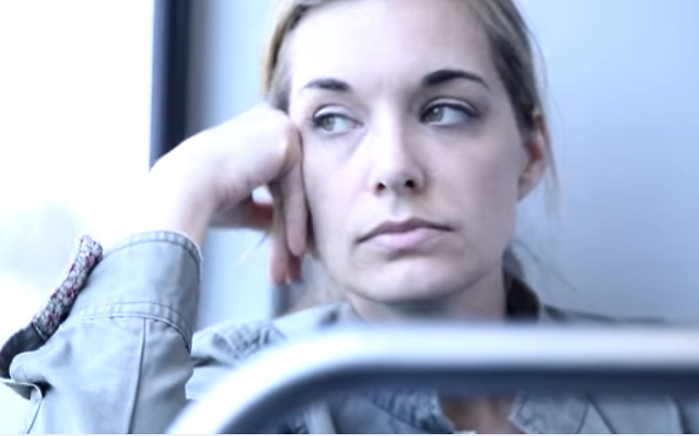Doctors, researchers, counselors and victims of sexual abuse want society to stop assuming that aborting an unborn baby fixes the trauma of rape.
Research and victims’ own testimonies provide heartbreaking evidence that their abortions – the violent destruction of their unborn babies’ lives – only added to their trauma.
“The fact that I got pregnant because of the rape was disgusting. I felt like I had to get rid of it,” one woman shared in the book “Forbidden Grief: The Unspoken Pain of Abortion” by therapist Theresa Burke.
Later, however, the woman realized too late that the sexual abuse she suffered was “nothing compared to the abortion.” She continued: “The abortion is something I will never get over. No one realizes how much that event damaged my life. I hate my rapist, but I hate the abortionist, too. I can’t believe I paid to be raped. This will affect the rest of my life.”
Yet, seldom are stories like hers heard.
As The Federalist pointed out in a new article, supposedly reputable medical and research organizations like the American Psychological Association, the Guttmacher Institute, American College of OB-GYNs and others frequently minimize the risks of abortion.
Here’s more from the article:
The American Psychological Association … downplays the significance of post-abortion depression, stating it is most likely associated with “perceived stigma and lack of social support, a history of mental health problems, personality traits, such as low self-esteem, features of the pregnancy, including whether the individual wanted it or not.”
Click Like if you are pro-life to like the LifeNews Facebook page!
However, two studies from Finland, which were based upon medical records rather than interviews, show that women who had abortions were six times more likely to commit suicide than women who gave birth. And a study on statistics of suicide following abortions in Denmark showed that “Compared to women who delivered, women who had an early or late abortion had significantly higher mortality rates within 1 through 10 years.”
Another survey by the Elliot Institute that found between 50 percent and 80 percent of women who conceived unborn babies from rape chose to carry their baby to term. Additionally, 80 percent of rape victims who had abortions later regretted their decision, the survey found. Some women said their abortion felt like a second “medical rape” and only added to their trauma.
Other studies show increased risks of depression, anxiety, substance abuse and suicide among post-abortive mothers.
Dr. Christina Francis, an Indiana OB-GYN and head of the American Association of Pro-Life Obstetricians and Gynecologists, told The Federalist that an abortion is not a proven physical or psychological treatment for sexual abuse trauma either.
Proven treatments for sexual abuse victims include trauma-focused cognitive behavioral therapy or psychodynamic therapy, Francis said. Additionally, these women and girls deserve compassion, active listening and evidence-based therapy, she continued.
“There is no evidence of a mental health benefit to abortion under any circumstance. Even the studies based on the Turnaway cohort, which are often quoted by abortion advocates to claim harm to women from being denied an abortion, show that by five years later, 96 percent of women were glad they did not have an abortion,” she said.
Many sexual abuse survivors have urged abortion activists to stop using them and their children as tools in the abortion debate.
One woman, “Kathleen,” told researchers: “I, having lived through rape, and also having raised a child ‘conceived in rape,’ feel personally assaulted and insulted every time I hear that abortion should be legal because of rape and incest. I feel that we’re being used by pro-abortionists to further the abortion issue, even though we’ve not been asked to tell our side of the story.”
Rape frequently comes up in the abortion debate, but, according to state health data, most abortions are not because of sexual abuse. According to a Charlotte Lozier Institute analysis of abortion data from eight states, only .3 percent of abortions were due to rape or incest.
When she was only 13 years old, pro-life advocate Serena Dyksen and her unborn baby were part of that small percent. Pregnant by rape, she said she did not understand what an abortion was when her parents took her to an Indiana abortion facility.
In the middle of the procedure, she remembered screaming in pain and the abortionist telling her to “Shut up!”
“My mom said her little 13-year-old girl lost her sparkle after that day,” Dyksen told Business Insider in August. “It didn’t undo my rape. It only prolonged my trauma process.”
Many years later, Dyksen finally began to confront and heal from the trauma of her abortion. She participated in post-abortion recovery retreats and mourned for her innocent aborted child. Now, she shares her story publicly and runs a ministry, She Found His Grace, to help other women heal from sexual abuse and abortions.








